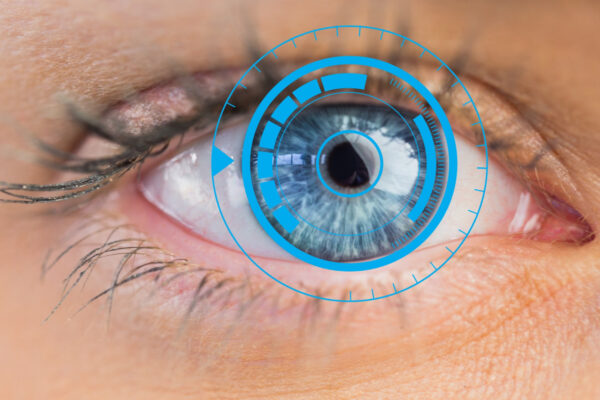When it comes to eye health, many individuals are unaware that certain conditions can be hereditary – meaning they can be passed down through generations of families. Your eye doctor may ask about your family history at your check-ups, but have you ever really investigated your family’s history of eye health? Conditions such as keratoconus, glaucoma and age-related macular degeneration, just to name a few examples, can run in families. So, it is important to know your family history when it comes to your eye health.
The risk of developing these diseases can be much higher than many would expect. For instance, those who have a family member with glaucoma are four to nine times more likely to develop the same eye disease themselves.[i]
Ask Questions
So, what can you do to take control of your eye health? You can ask questions. Take the opportunity at the next family gathering to ask about the eye health of your relatives. Find out if there is any history of eye diseases. If you find that there is—write it down! You’ll want to make notes about which disease and who does it affect in your family so you can share such information with your eye doctor. In particular, if someone in your immediate family has a history of eye diseases, be sure to speak with your eye doctor to learn about the symptoms you should look for and to further understand these eye conditions that you may have a higher risk in developing.
Schedule Regular Eye Exams
Not only should a person ask their family about their eye-related diseases, but they should also tell their family if they have a condition that had been confirmed or diagnosed by an eye doctor. In an effort to keep everyone healthier longer, it is important to always schedule at least a yearly eye exams, and encourage all family members to do the same!
Eye exams can detect a lot more than eye diseases. These exams can also show early signs of diabetes or high blood pressure, as well as many other systemic conditions. More frequent eye exams may even be beneficial for those over the age of 65, as conditions may be detected before they worsen and potentially lead to vision loss.
Laser Eye Surgery
Advancements in the eye health field have come a long way in recent years. For instance, those who have had vision problems their whole lives and had to wear glasses or contact lenses may now be able to explore the option of laser eye surgery with their eye doctors. The Custom LASIK eye surgery procedure consists of reshaping the cornea and changing the focusing power of the eye, which can improve or correct a person’s eyesight.
According to the U.S. Food and Drug Administration, LASIK surgery is not for everyone. However, the number of those who are eligible continues to increase each year. Due to advancements in laser and diagnostic technologies, those who were once denied this procedure may now qualify as LASIK candidates.
If you’d like to find out if you are a candidate for LASIK, schedule a free consultation at a location near you.
___________
[i] Glaucoma research foundation. (2017). Are you at risk for glaucoma? Retrieved from https://www.glaucoma.org/glaucoma/are-you-at-risk-for-glaucoma.php
Categories:


